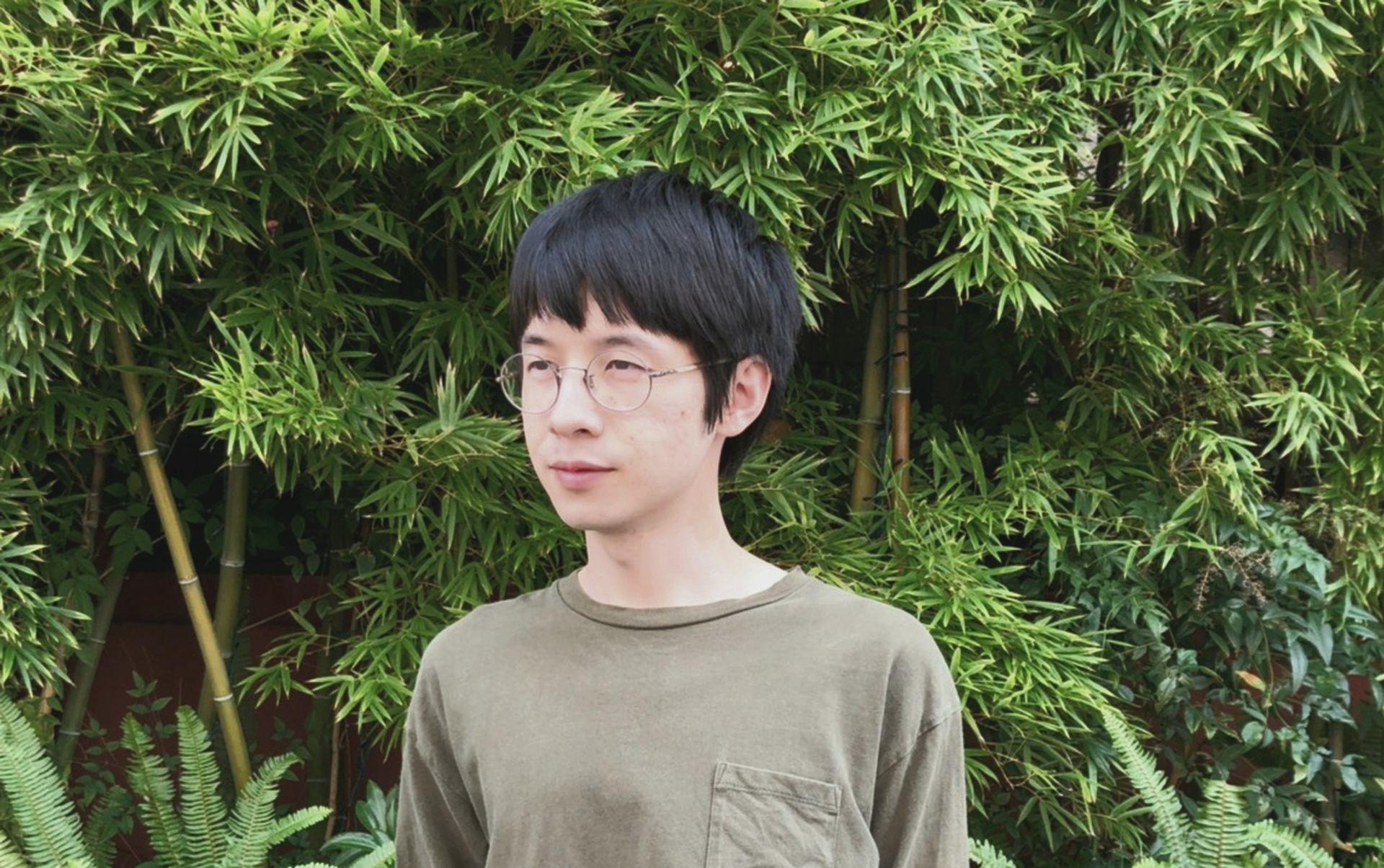
Nov
Indie Dev Interview: Sean Han Tani
Sean Han Tani is the creator of the Anodyne games, and he’s also the winner of the 2019 Into Indie Games Award. We asked him a few questions.
This year, we granted the Into Indie Games Award to Sean Han Tani, who forms one half of Analgesic Productions and has worked on Anodyne, Anodyne 2: Return to Dust, All Our Asias, and Even the Ocean. He worked on his first game, Anodyne, during college and finished it with the collaboration of Marina Kittaka.
Apart from designing games, Sean has also composed music for them, penned essays, and taught as a lecturer at the School of the Art Institute of Chicago. His newest game, Anodyne 2: Return to Dust, was released in August 2019.
On the occasion of the 2019 Into Indie Games Awards, we caught up with him to ask a few questions.

How did you end up developing video games and composing music?
I’ve been involved in music since an early age, both playing instruments and looking at the MIDI data of video game music. After taking a year of CS in college and some digital music courses, I was bored one summer and decided to learn how to make games and music in my spare time with Actionscript 3 Flixel and PxTone. From there I was lucky enough to meet Marina Kittaka and show her my Anodyne prototype, then the rest is history.
If you could work in collaboration with another developer (indie or otherwise), who would it be?
Hmm – I actually think I’d like to foster an environment where lots of people would be able to make their own year-long projects on their own or in small teams. That being said, I’m not sure who I’d want to collaborate with!

What do you think of the indie video game space right now, and how do you think will it change in the future?
I think small studios are generally too ‘everyone for themselves’. There is little cooperation between studios in terms of helping each other negotiate with platforms – it’s very competitive. There’s also not enough money going around, and indies who make lots of money tend to hoard it for themselves. I hope in the future, successful studios will help fund solitary creators. That being said, there’s lots of great work being made by one or two person teams, although they often do not find financial success.
What are your all-time favourite games, and which recent games would you like to highlight?
I enjoy the work of Cardboard Computer (Kentucky Route Zero), Colin Horgan (LUCAH). Recently I liked Matthew Seiji’s Eliza. I like sci-fi mystery Visual Novels a lot, too. FromSoft’s work after Demon’s Souls is great.

What would you advise aspiring indie developers not to do?
Overscope, dive into visuals too early. It’s easy to go in circles and waste time. Plan everything out ahead of time as much as you can and try to figure out a production timeline!
What real world themes would you like to tackle in future games?
A few: what a world beyond nationalism looks like, the processes of immigrant assimilation, contexts in which people are forced or desire to immigrate, patterns of cultural consumption across borders and how it influences pop culture contexts people grow up under, youth political apathy, home countries’ manipulation of diasporic populations for economic ends, challenges men face when growing up under masculinity in the USA, the development of Asian countries during and after WW2, how groups of friends grow or how people form networks with each other.

Have a look at Sean’s website here, and the website for Analgesic Productions here.
Thanks for reading our Indie Dev Interview: Sean Han Tani, for more interesting articles on the indie games industry, check out the links below.
INDIE DEV INTERVIEW: BLADE CEO, EMMANUEL FREUND
WHAT’S THE FUTURE FOR INDIE GAMES?
